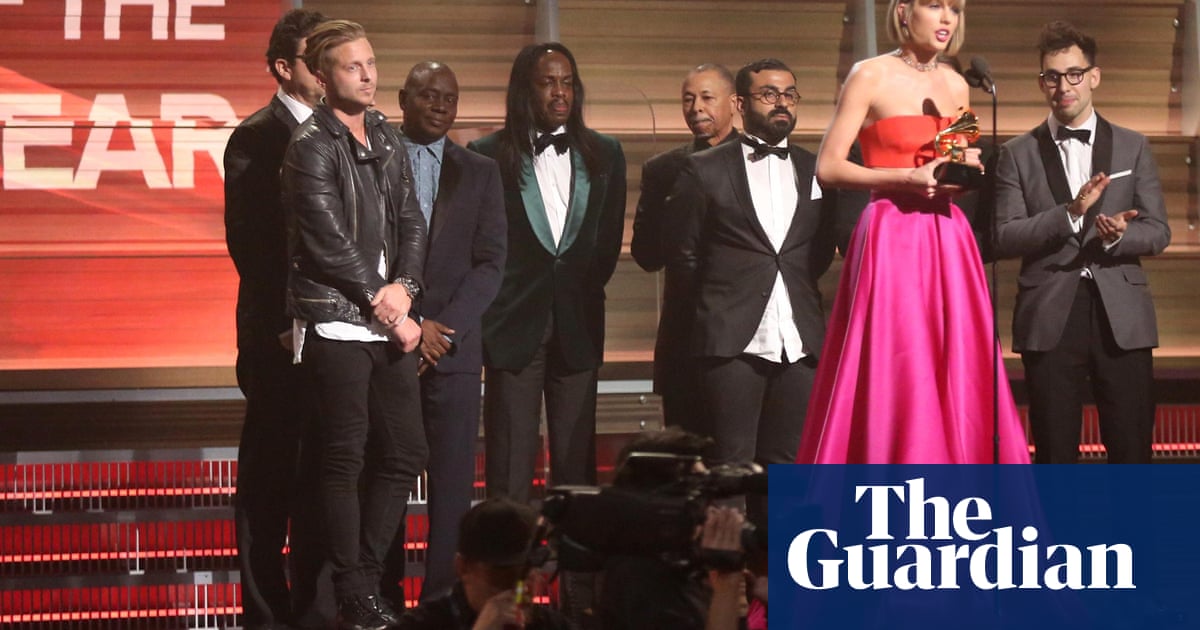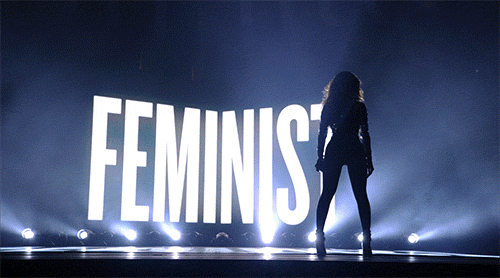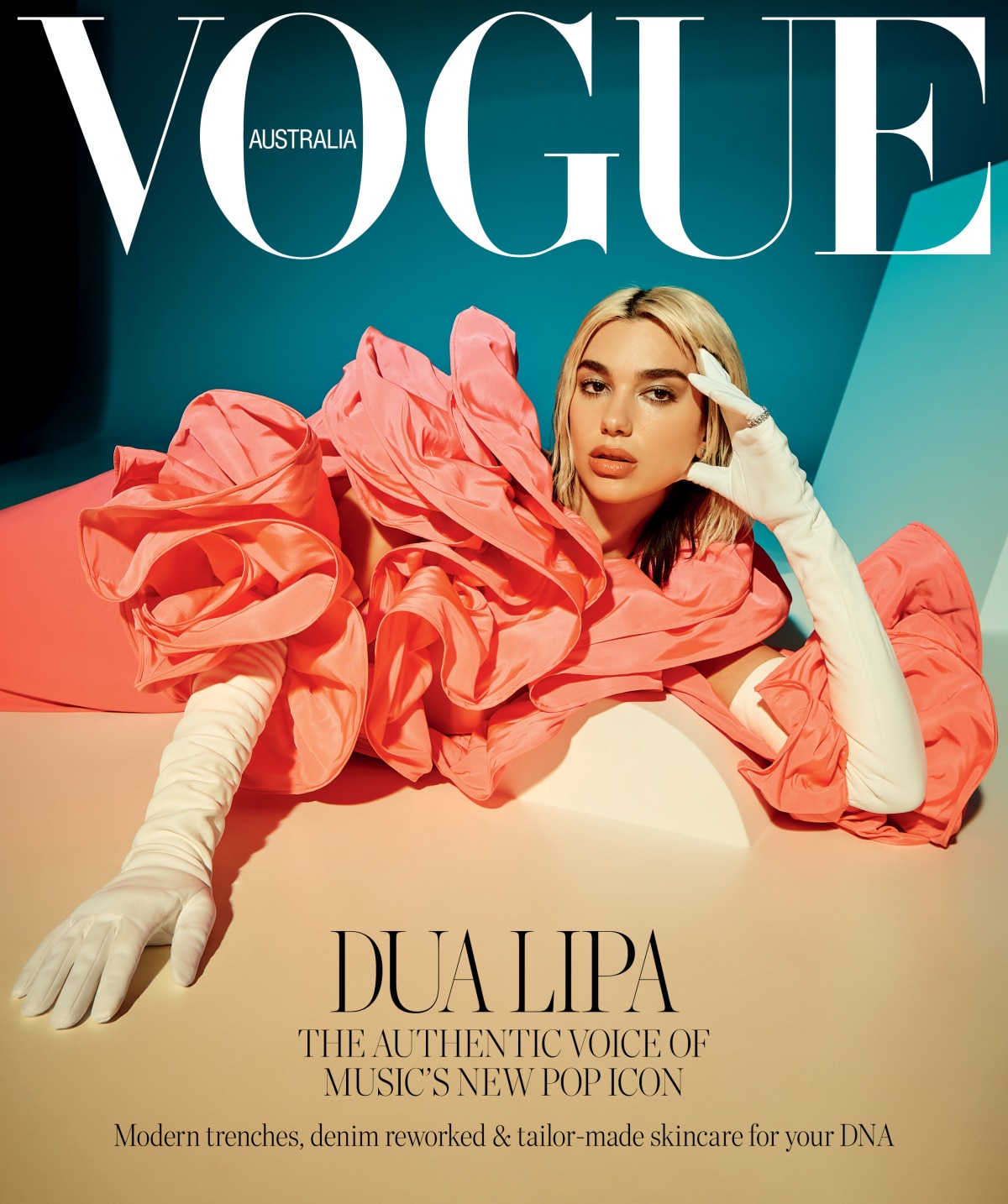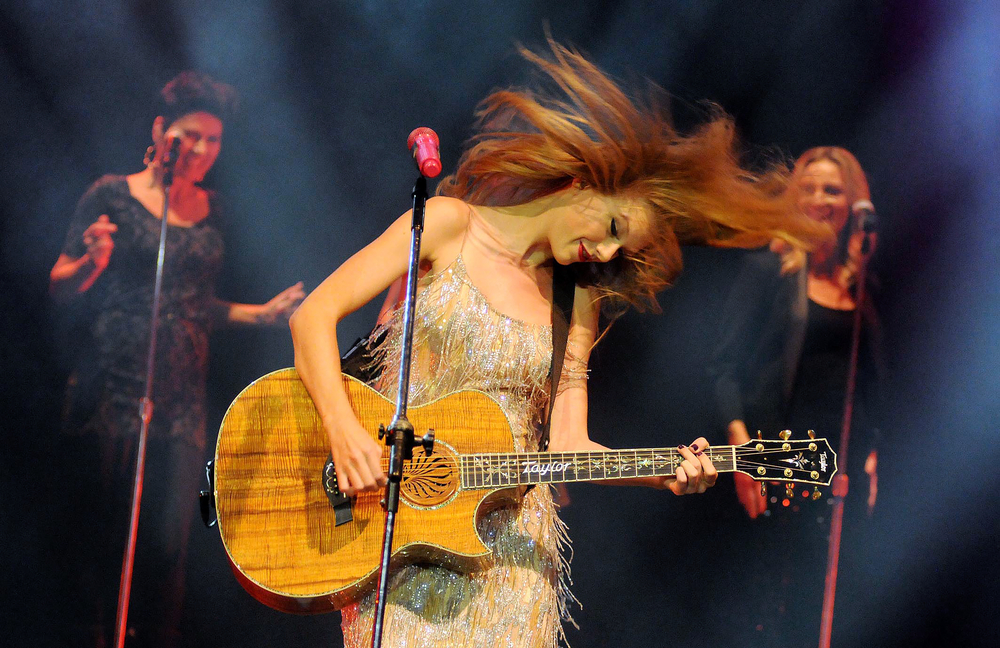Feminism is a social, political, and ideological movement that fights for the rights and equality of women. It seeks to challenge and dismantle systems of patriarchy and male dominance, and to create a more just and equitable society for all genders. Music, as a form of art and expression, has always been a powerful tool for social change, and feminists have used it to challenge and critique the existing power structures and to promote gender equality.
Throughout history, women have faced numerous barriers and discrimination in the music industry, which has traditionally been male-dominated. Women have often been underrepresented and marginalized in the industry, and their contributions and achievements have often been overlooked or minimized. The lack of representation and opportunities for women in music has led to a lack of diversity and a narrow perspective that excludes the experiences and perspectives of half of the population.
Feminist musicians have used their art to challenge these inequalities and to bring attention to the issues facing women. They have used music as a platform to express their own experiences and to bring visibility to the struggles and challenges that women face. Many feminists have used music as a way to create a space for themselves and other women to find empowerment and solidarity.
Feminist music has taken many forms throughout the years, from protest songs to punk rock to pop music. The Riot Grrrl movement of the 1990s, for example, was a punk rock movement that emerged in the Pacific Northwest of the United States and was characterized by its feminist and anti-establishment themes. The movement was influential in bringing attention to issues such as sexual assault, reproductive rights, and gender inequality, and it provided a space for women to express themselves and to find solidarity and support.
Feminist music has also played a role in promoting intersectionality, which is the idea that systems of oppression, such as racism, sexism, and homophobia, are interconnected and cannot be fully understood or dismantled without considering the ways in which they intersect and reinforce each other. Many feminist musicians have sought to challenge and address these intersecting forms of oppression in their music, highlighting the experiences and struggles of marginalized groups and advocating for social justice.
In recent years, there has been a renewed focus on gender equality in the music industry, and there have been efforts to increase representation and opportunities for women. Organizations such as the Women's Media Center and the Alliance for Women in Media have worked to promote the visibility and







